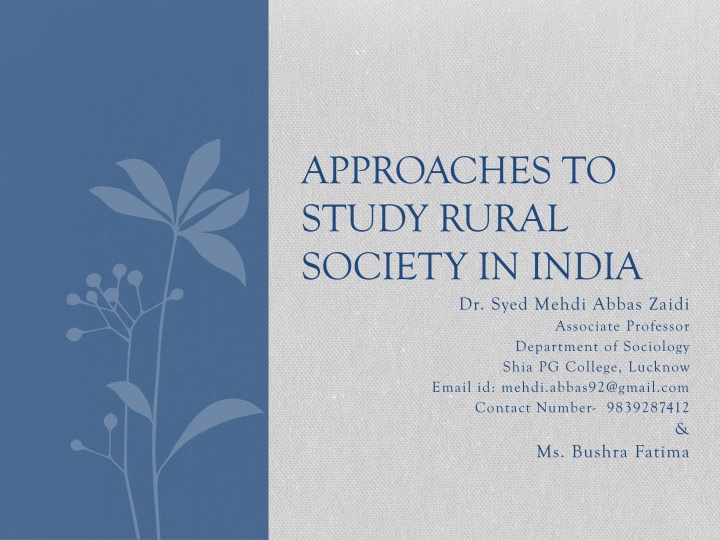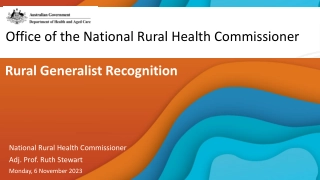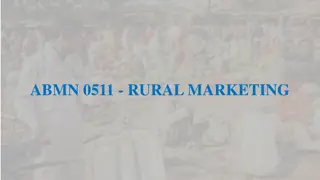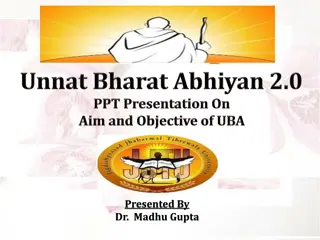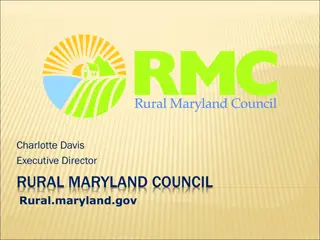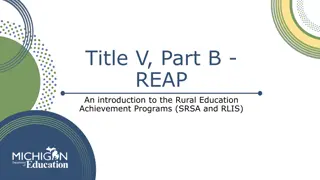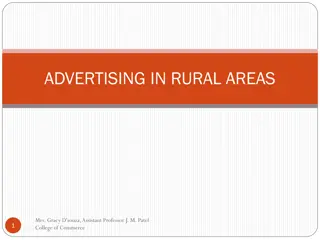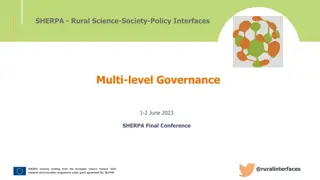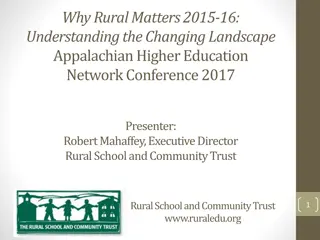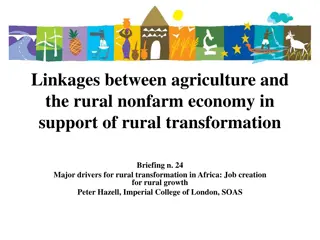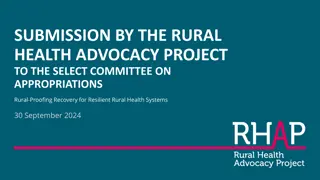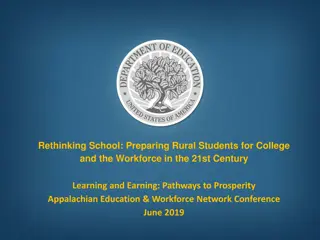Approaches to Study Rural Society in India
Study approaches in rural society analysis include historical, structural-functional, comparative, interdisciplinary, cross-cultural, and conflict approaches. These methods delve into factors shaping rural development, societal structures, and inter-village comparisons, contributing to a comprehensive understanding of rural society in India.
Download Presentation

Please find below an Image/Link to download the presentation.
The content on the website is provided AS IS for your information and personal use only. It may not be sold, licensed, or shared on other websites without obtaining consent from the author.If you encounter any issues during the download, it is possible that the publisher has removed the file from their server.
You are allowed to download the files provided on this website for personal or commercial use, subject to the condition that they are used lawfully. All files are the property of their respective owners.
The content on the website is provided AS IS for your information and personal use only. It may not be sold, licensed, or shared on other websites without obtaining consent from the author.
E N D
Presentation Transcript
APPROACHES TO STUDY RURAL SOCIETY IN INDIA Dr. Syed Mehdi Abbas Zaidi Associate Professor Department of Sociology Shia PG College, Lucknow Email id: mehdi.abbas92@gmail.com Contact Number- 9839287412 & Ms. Bushra Fatima
What is Study Approach? Study approach is an internal part of interpretation morphological alteration in estuaries . It introduces issues of temporal and spatial scales within an estuarine system. This comprises of looking at the significance of apprehension process and geomorphology of an estuary with in a wide variety of spatial scales and timescales. Layout the program of work for studying estuaries.
Classification of Study Approach Generally, the study approach can be divided into categories: Scientific Approach Follows scientific method (based on observation, experiment, and classification). Non-Scientific Approach Doesn t any systematic methodology (based on believes, tradition, and imagination, etc.) Sociology follows the scientific method of study. Sociological approaches can be divided into two types: 1. Theoretical Approach Follows a theory for study (example; Marxian approach, structural-functional approach, etc.) 2. Methodological Approach Follows a method for study (example; case study, participant observation, etc.)
Approaches to Study Rural Society in India Approaches to study rural society in India follows six approaches: 1. Historical Approach 2. Structural-functional Approach 3. Comparative Approach 4. Interdisciplinary Approach 5. Cross-cultural Approach 6. Conflict Approach
Explanation of Six Approaches 1. Historical Approach It studies factors and reason, which have contributed to the development of rural society and are the reason for the change in the society. Baden Powell s Rural Community in India, Henrimen s Rural Society of East-West are the books based on this approach. 2. Structural-Functional Approach Studies the function of of the units of Rural Social Structure, which unites the society. M.N. Srinivas s Religion and Society among the Coorgs of South India, S.C. Dubey s India s Changing Religion, Yogendra Singh s Changing Patterns of Socio-economic relation in Rural Society are the books based on this approach.
Continuum 3. Comparative Approach It compares two or more villages, there structures or any institution etc. and try to find out the similarities or dissimilarities. Oscar Lewis s Peasant Culture in India and Mexico- A Comparative Analysis is a book based on this approach. 4. Interdisciplinary Approach It jointly studies the vivid aspects of rural society like political, sociological, economic, psychological aspects of rural society. Education for Rural Development: Towards New Policy Responses-A joint study conducted by FAO and UNESCO.
Continuum 5. Cross-cultural Approach It studies the comparative cultural aspects of different rural society. It only compares the cultural aspects. Shoemaker s Communication of Innovation- A Cross-cultural Approach is the book based on this approach. 6. Conflict Approach It studies the dialect or conflict in the society either class struggle or caste struggle, linguistic and regional struggle (Peasant Movement), etc. A.R. Desai s Peasant Struggle in India, Agrarian Struggles in India After Independence, D. N. Dhanagare s Peasant Movements in India Are the books based on this approach.
References 1. Pandey, R. P, Sociological Theory: Approach and Prospective 2. Singh, V. N. and Singh, J, Rural Sociology
